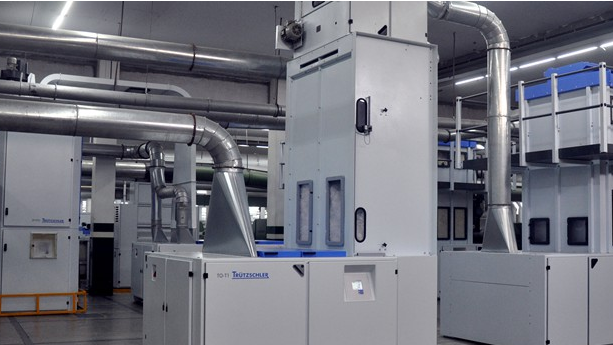The Prime Minister”s Office has reportedly vetoed the recommendation of the Cabinet Committee on Restructuring (CCoR) for merging the textile ministry with the commerce ministry, it is learnt. The CCoR meeting held on March 27, 2015 and chaired by federal minister for finance Ishaq Dar, had recommended and proposed to club textile division and commerce division together under an umbrella of commerce ministry.
The proposal was sent to the prime minister and even after the passage of about four months, no decision has been taken. Sources said there was immense pressure from the textile industry stakeholders, including value-added and spinning, to resist the proposal at every forum which forced the government to reconsider the matter. “The Prime Minister”s Office has told us that soon a full-time textile minister will be appointed to run the affairs of the ministry,” a senior official of the textile ministry said.
The absence of textile minister and the proposed merger of textile and commerce ministry under the ministry of commerce have created uncertainty and negatively affected the major export-oriented textile industry. Talking to Business Recorder, the textile stakeholders said that this is a complicated industry and needs a completely separate ministry. Keeping in view the strategic importance of textile sector, the government established a separate ministry for the textile sector in September 2004. Currently, Pakistan has textile industry comprising cotton spinning (yarn), cotton weaving (cloth), cotton fabric, fabric processing, home textiles, towels, hosiery and knitwear and apparels. These are manufactured both on large scale as well as by small and medium cottage units.
They further said that textile contributes 55 percent to the country”s total exports. However, after the proposed merger of textile with the commerce ministry, it was feared that the former would not get the required attention which may compromise its performance and overall exports.
The experiment of textile and commerce ministry merger had also hit snags twice in the past. Textile has become the most important sector especially after the grant of the GSP plus status by the EU as 75 percent products incentivized under the package relate to this sector. All the regional competitors including India, China and Bangladesh have separate and dedicated ministries of textile and Pakistan must follow the suit. They urged the prime minister to immediately appoint a person who has experience of the sector as textile minister without any further loss of time.

Leave a Reply
You must be logged in to post a comment.